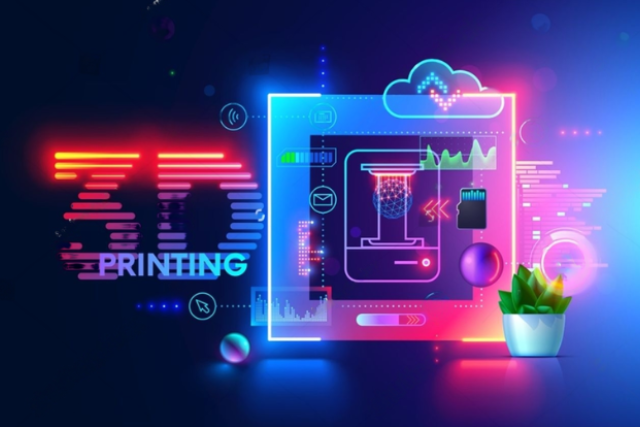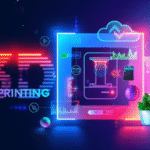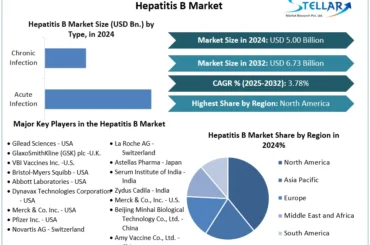Sustainability has become the core of architectural innovation in Dubai. The city’s vision of becoming a leader in eco-friendly construction has influenced the development of modular villas built through advanced technology. Modular villa design focuses on minimizing waste, optimizing energy efficiency, and promoting material reuse.
With modern fabrication techniques, developers can now achieve environmental balance while meeting high design and performance standards. The evolution of this sector is driven by both government sustainability goals and consumer demand for green living.
Reducing Construction Waste through Digital Precision
Traditional construction methods often produce large amounts of waste due to manual errors and excess material use. Modular villa design addresses this issue by using computer-guided fabrication systems that ensure exact dimensions and alignment.
Every component is modeled digitally before production, reducing the margin of error. This precision lowers the need for rework and prevents surplus material from being discarded. The result is a clean, controlled workflow where every element is utilized efficiently. This waste reduction approach supports Dubai’s sustainability targets by decreasing landfill impact and conserving natural resources.
Energy Efficiency as a Design Priority
Energy consumption plays a key role in sustainable villa design. Modular villas in Dubai are now created with optimized insulation, natural ventilation, and solar-ready roofing systems. Engineers analyze environmental data to plan building orientation and minimize heat gain.
These villas often include energy-efficient glazing and reflective coatings that reduce cooling loads in Dubai’s hot climate. The modular design also allows for easy integration of renewable energy systems such as photovoltaic panels. This combination of smart design and advanced materials ensures minimal energy use while maintaining comfort for residents.
Sustainable Materials for Eco-Friendly Living
Material selection is vital for the sustainability of modular villas. Recycled concrete, lightweight composites, and natural fiber reinforcements are increasingly used to reduce environmental footprint. In many projects, local materials are preferred to cut down transportation emissions.
3D printing Dubai enables precise use of such sustainable materials without unnecessary waste. Builders can create complex structures using eco-friendly blends that still meet durability and aesthetic requirements. This approach aligns with Dubai’s broader strategy to transition toward circular construction systems that maximize resource efficiency.
Water Conservation in Modular Construction
Dubai’s desert environment places great emphasis on water management. Modular villa projects now include systems that recycle greywater and collect rainwater for landscape irrigation. The design also focuses on low-flow plumbing and efficient drainage systems.
Prefabrication allows these systems to be installed with high precision during the manufacturing phase. This careful integration reduces leaks, minimizes water loss, and supports long-term conservation goals. Sustainable landscaping, such as the use of native plants, complements these efforts by reducing irrigation needs.
Lower Carbon Footprint through Prefabrication
Prefabricated modular construction produces fewer on-site emissions compared to conventional building methods. Since much of the work is completed in controlled factory settings, there are fewer transportation trips, less equipment use, and reduced dust generation.
The modular process also allows builders to assemble villas faster, cutting down the time machinery and labor spend on-site. As a result, the overall carbon footprint is minimized. The use of automation and digital modeling further enhances accuracy, ensuring minimal material waste and optimized logistics.
Integration of Smart Building Systems
Sustainability in Dubai’s modular villas goes beyond materials and energy use. Smart home systems are being integrated into villa designs to improve resource management. Automated lighting, temperature control, and water monitoring systems help reduce energy and water consumption.
These systems also provide data analytics that allow homeowners to track and improve efficiency. The ability to connect technology with sustainable architecture creates homes that are both intelligent and environmentally responsible.
Economic Sustainability through Long-Term Efficiency
Sustainability is not just environmental; it also has economic implications. Modular villas designed through 3D printing in Dubai reduce long-term operational costs. Energy-efficient features and durable materials minimize maintenance needs.
Faster construction timelines also lower financial overheads for developers. Homeowners benefit from reduced utility bills and higher property value. This financial sustainability reinforces Dubai’s vision of a smart and resilient housing market where technology supports both environmental and economic goals.
Government Policies Supporting Green Development
Dubai’s government has introduced several regulations to encourage sustainable building practices. Initiatives like the Dubai Green Building Regulations and the Dubai Clean Energy Strategy 2050 set clear targets for energy efficiency and waste reduction.
Modular villa design fits well within these frameworks by offering flexible and measurable sustainability outcomes. The focus on prefabrication allows developers to meet environmental standards consistently while maintaining architectural creativity. These government-driven policies ensure that green construction becomes a mainstream practice across the emirate.
The Future of Sustainable Modular Villas in Dubai
The future of modular villa design in Dubai will continue to evolve around sustainability. Emerging technologies such as AI-driven design optimization and material innovation will strengthen the environmental performance of villas.
3D printing will remain central to this transformation, allowing for on-demand production that reduces waste and energy use. As Dubai advances toward its green vision, modular villas will symbolize how urban development can coexist with environmental care. The combination of innovation, policy support, and sustainable thinking will shape Dubai’s architectural identity for decades to come.
Conclusion
Modular villa design in Dubai reflects the city’s deep commitment to sustainability. From material selection and energy conservation to automation and water efficiency, every aspect supports eco-friendly living.
The integration of technology ensures that these villas not only meet comfort and design expectations but also contribute to a sustainable urban future. Through ongoing innovation and responsible construction, Dubai continues to lead in creating living spaces that align luxury with environmental harmony.






